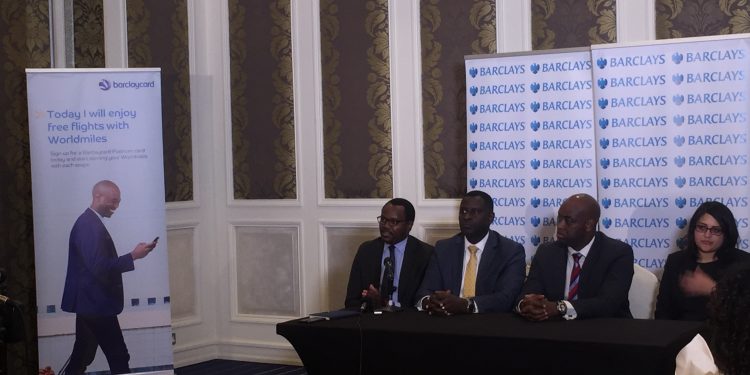Sentiments echoed from the Barclays Bank Demystifying the 2018 National Budget
Manufacturing
The budget plans to increase the contribution of the manufacturing sector to GDP to 15 per cent by 2022 by adding between $2 to 3 billion to our GDP hence increasing manufacturing sector jobs by more than 800,000.
This will be achieved through establishing leather parks and textile industries in various parts of the country, reviving and transforming industries such as the blue economy and manufacturing of construction materials, and re-establishing the automobile industry which will make new vehicles more affordable.
Already, one investor is setting base in Eldoret, benefiting from incentives offered under the Special Economic Zones (SEZ) Act. The Government will provide land in Naivasha for potential investors interested in setting up their activities in the SEZ to benefit from the SGR and cheap geothermal power generated nearby.
There will be the conclusion on the mode of financing the development of the Dongo Kundu SEZ in Mombasa, among others
The government will cut the cost of off-peak power by half and we plan to implement modalities of bringing the cost of energy to about US cents 9 per kilowatt hour for selected investors.
Food and Nutrition Security
The government will enhance large-scale production by placing an additional 700,000 acres of land through PPP and by promoting investments in post-harvest handling as well as adopting contract farming and other commercial off-taking arrangements, including supporting the development of agro parks or hubs to serve as a link to farmers and markets.
Up scaling crop and livestock insurance and promoting use of appropriate farming techniques, in addition to availing affordable credit facilities for small holder farmers
Affordable Housing
The government plans to increase the supply of affordable houses by partnering with the private sector to develop homes in serviced land. This will require reforms in property registrations, access to affordable financing and adoption of new low-cost building technologies, which we are prepared to, undertake under “The Big Four” Plan.
With a view to extending long term loans to financial institutions secured against mortgages, the Kenya Mortgage Refinance Company (KMRC), which will be jointly owned by the Government, the private sector and select development partners. This company was incorporated in April 2018 and has started raising capital.
The government has developed a comprehensive housing package that will incentivize the private sector in the construction of low cost housing. This includes reduction of corporate tax rates to 15 percent for developers who construct at least 100 units per year. Additionally, the plan to establish the National Social Housing Development Fund and strengthen the National Housing Corporation (NHC) to take up more strategic roles in resource mobilization and management of tenant purchase schemes and provide alternative financing strategies for low cost housing and the associated social and physical infrastructure.
Finally the proposal to amend the Employment Act to provide that an employer shall contribute to the National Housing Development Fund, in respect of each employee’ in his or her employment 0.5% of the employees gross monthly emolument subject to a maximum of five thousand shillings while the employee will contribute 0.5% of their monthly gross earnings.
Universal Health Care
Excise duty on mobile cash transfer services from 10% to 12% will be channeled towards funding universal healthcare programme.
The proposal to introduce a robin hood tax of 0.05% of any amount of ksh500,000 or more transferred through banks and other financial institutions will also fund the same agenda.




